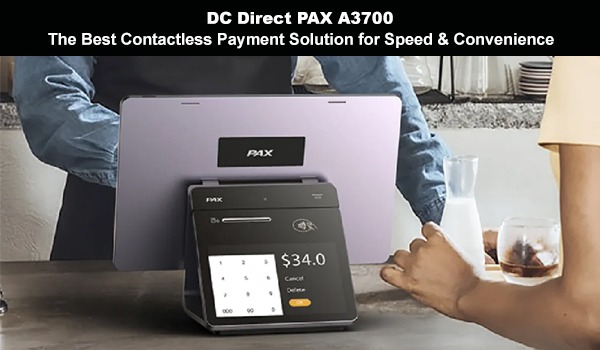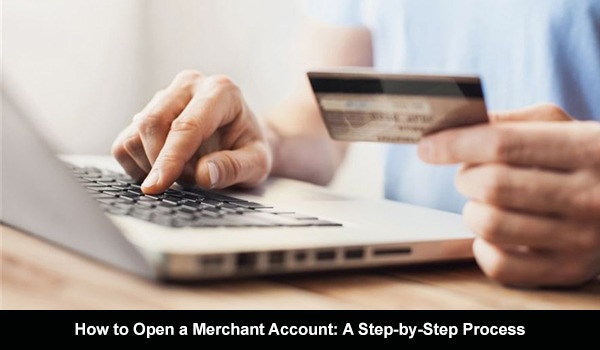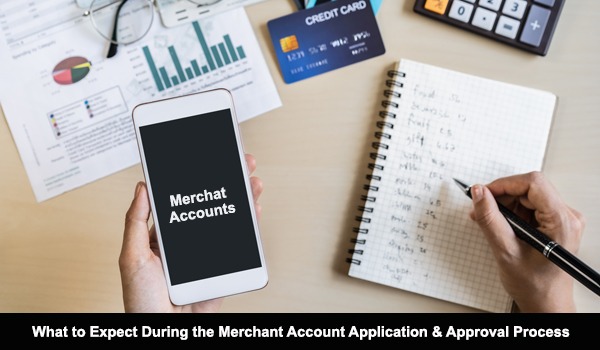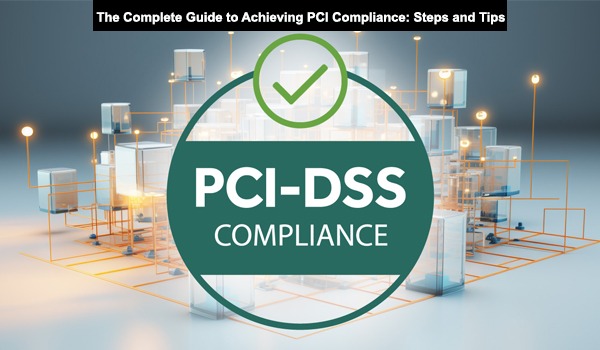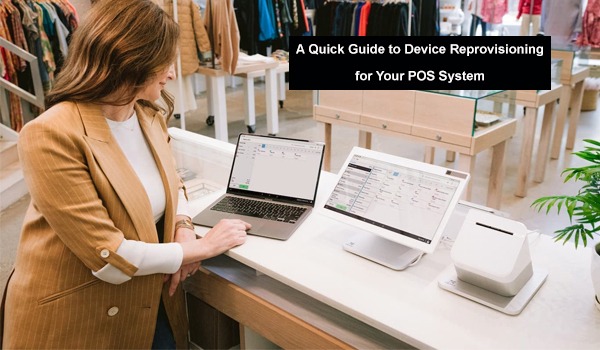
Introduction
As consumer preferences shift toward digital payments, businesses must keep up with the changing landscape where cash transactions are declining, and electronic payments dominate. To accept credit cards, debit cards, and mobile payments seamlessly, businesses need a merchant account. But what exactly is a merchant account, and why is it essential for your business? This blog explores the concept, benefits, functionality, and importance of merchant accounts in helping your business succeed in today’s market.
What Is a Merchant Account?
A merchant account is a specific type of bank account that enables businesses to receive and process electronic payments. When a customer makes a purchase using a debit or credit card, the transaction is routed through the merchant account, which serves as a temporary holding account before the funds are deposited into your business’s regular business checking account.
In other words, a merchant account acts as an intermediary between your business and the financial institutions that handle the transactions. It facilitates the processing of payments and ensures that your business can accept the wide range of payment methods that customers use, such as Visa, MasterCard, American Express, Discover, and other payment systems.
How Does a Merchant Account Work?
The process of how a merchant account works is relatively straightforward. Here’s a step-by-step breakdown:
- Customer Initiates Payment: A customer selects their preferred payment method (typically a credit or debit card) to make a purchase at your business, either in-person or online.
- Transaction Authorization: The payment information is sent from the payment terminal or website to the payment gateway (a secure service that transmits payment data). The payment gateway transmits the information to the payment processor.
- Processor Sends Payment Request to Issuing Bank: The payment processor then sends the payment request to the customer's card-issuing bank (the bank that issued the credit or debit card).
- Bank Approves or Declines Payment: The customer’s issuing bank either approves or declines the transaction based on the available funds and other security protocols. If the transaction is approved, the bank sends the funds back through the payment processor.
- Funds Deposited into Merchant Account: After the transaction is verified and approved, the funds are transferred to your merchant account, typically within a few business days.
- Transfer to Business Bank Account: After the funds have been held in your merchant account, they are eventually transferred to your regular business bank account.
The key here is that a merchant account acts as a holding space during the payment process, making it possible for businesses to accept and securely process electronic payments.
Types of Merchant Accounts
Not all merchant accounts are created equal. Depending on your business’s size, transaction volume, and needs, you might choose between different types of merchant accounts:
- Traditional Merchant Account: This type of account is provided by banks or financial institutions. It offers higher levels of customization, customer service, and control over the payment process. These accounts typically require more paperwork, and a longer application process, and may involve higher fees depending on the volume of transactions.
- Aggregated Merchant Account: Aggregated accounts (often offered by payment processors like PayPal or Square) are a simpler option for smaller businesses or startups. These accounts group many businesses under one merchant account, making it quicker and easier to set up, but with less control and customization. Payment processors handle all the risk management, but businesses may face higher transaction fees.
- High-Risk Merchant Account: Businesses operating in "high-risk" industries often need specialized high-risk merchant accounts. These accounts are designed to manage higher levels of risk, and they come with more stringent application processes and higher fees to offset potential chargebacks and fraud.
Why Does Your Business Need a Merchant Account?
Accepting Credit and Debit Card Payments
The most significant reason to have a merchant account is the ability to accept payments via credit and debit cards. A significant portion of consumers now prefer to pay using credit or debit cards rather than cash. By offering these payment options, you not only make your business more convenient for customers but also increase your potential for sales.
When your business has a merchant account, you enable it to process payments from the most common forms of payment used worldwide. This increases your sales potential and gives your business a competitive edge over competitors that do not offer such payment options.
Customer Convenience
Offering a variety of payment options increases customer satisfaction and convenience. Many customers find it easier to use their cards, especially for larger purchases, instead of carrying cash. It also allows for faster transactions, which is beneficial for both your business and your customers.
Security and Fraud Protection
Merchant accounts provide essential security features to protect both businesses and customers from fraud. Payment gateways connected to merchant accounts typically offer encryption and tokenization, safeguarding sensitive customer data. Moreover, merchant accounts often come with fraud detection tools, chargeback management, and transaction monitoring, which can help minimize the risk of fraudulent activities.
For businesses, this is especially important in an age where credit card fraud and data breaches are becoming more prevalent. With the right merchant account setup, businesses can rest assured that they are following best practices for security and fraud prevention.
Streamlined Accounting and Financial Management
Having a merchant account allows businesses to automate and streamline many aspects of financial management. Since payments are processed electronically, business owners can easily track transactions, generate financial reports, and reconcile their accounts. This leads to better decision-making, more accurate financial forecasting, and improved cash flow management.
The integration of payment data with accounting software can make it easier to run your business, allowing you to focus on other important aspects of growth and development.
Global Reach and International Payments
For businesses looking to expand globally, merchant accounts are crucial. They allow you to accept international payments in different currencies, making it possible to tap into a broader market. This is especially beneficial for eCommerce businesses that want to serve customers around the world without worrying about payment barriers.
The ability to accept international payments is an essential feature for businesses that have plans to scale or have a customer base outside of their home country.
Improved Cash Flow and Faster Access to Funds
When you use a merchant account, the payment process is quicker than dealing with traditional methods like checks. Typically, funds from credit and debit card payments are deposited into your merchant account within a few business days, and once cleared, the money can be transferred to your business bank account. This faster access to funds helps improve cash flow and ensures that your business can continue operating smoothly without unnecessary delays in payment processing.
Enhanced Professionalism and Trust
In today’s business world, professionalism matters. Having a merchant account assures customers that your business is credible and trustworthy. It shows that you are capable of handling transactions securely and efficiently. Additionally, having a merchant account adds credibility to your brand, especially when customers can make purchases using widely trusted payment methods.
Reduced Risk of Cash Handling
If your business handles a lot of cash transactions, you may face risks like theft, human error in counting, and higher operational costs related to cash management. By processing electronic payments, you reduce your reliance on cash and eliminate many of these risks.
Conclusion
A merchant account is a critical element for businesses looking to grow and succeed in the modern economy. It allows businesses to accept a wide range of payment options, offers security and fraud protection, and ensures faster transactions and access to funds. Whether you run a small local store, an online business, or a large enterprise, having a merchant account is essential for providing convenience and satisfaction to your customers, boosting your credibility, and ultimately driving growth.
By leveraging the capabilities of a merchant account, businesses can unlock new opportunities, improve cash flow, and stay ahead of the competition in a rapidly evolving marketplace. If your business is not yet equipped with a merchant account, it may be time to consider setting one up to ensure that you can meet the payment processing demands of today’s consumers.
